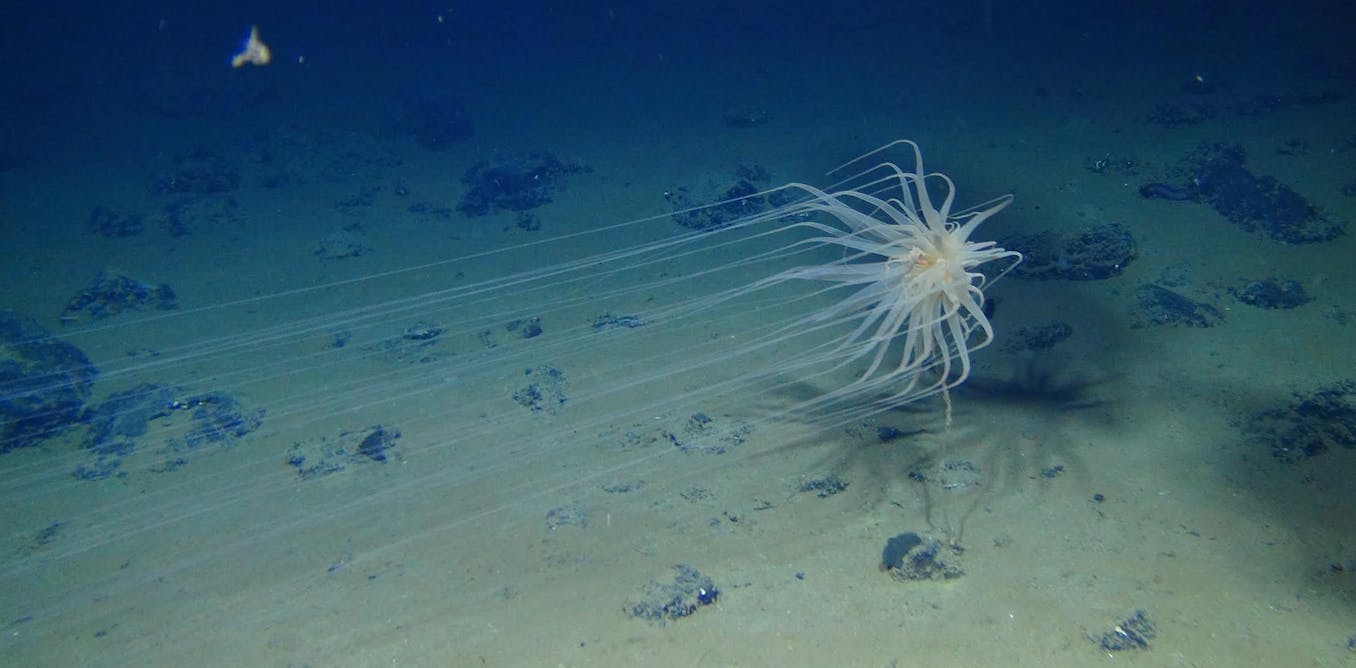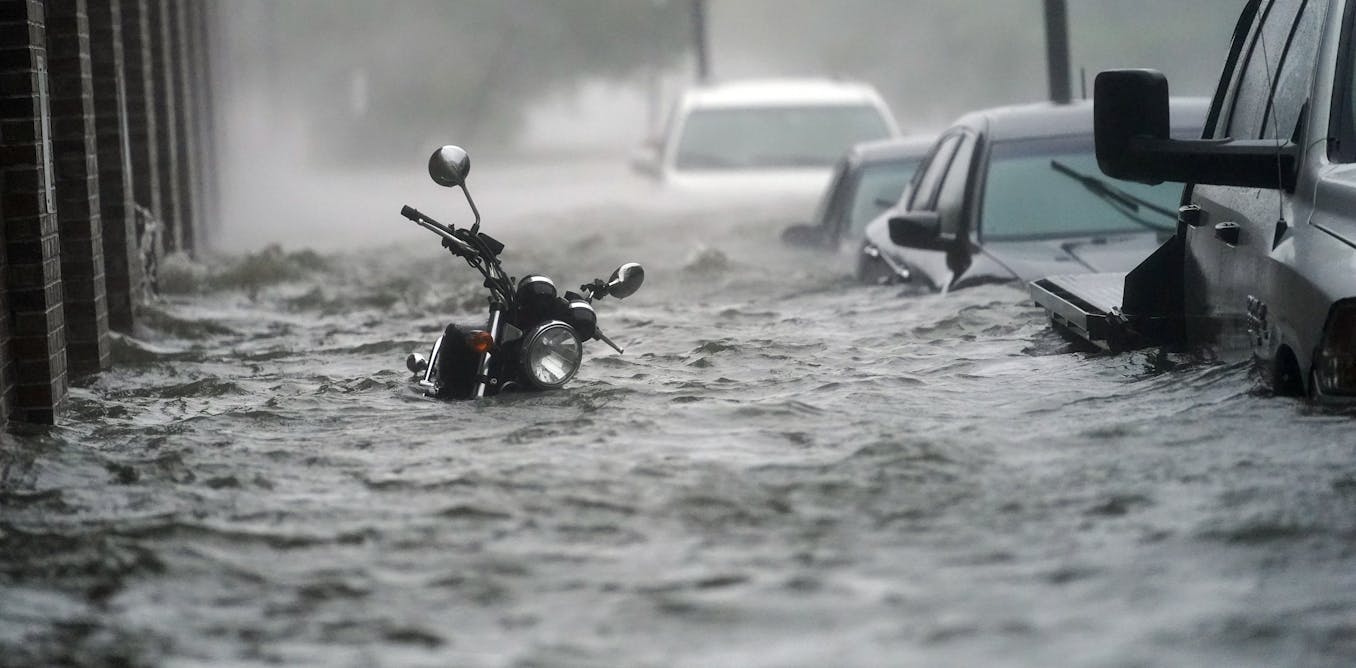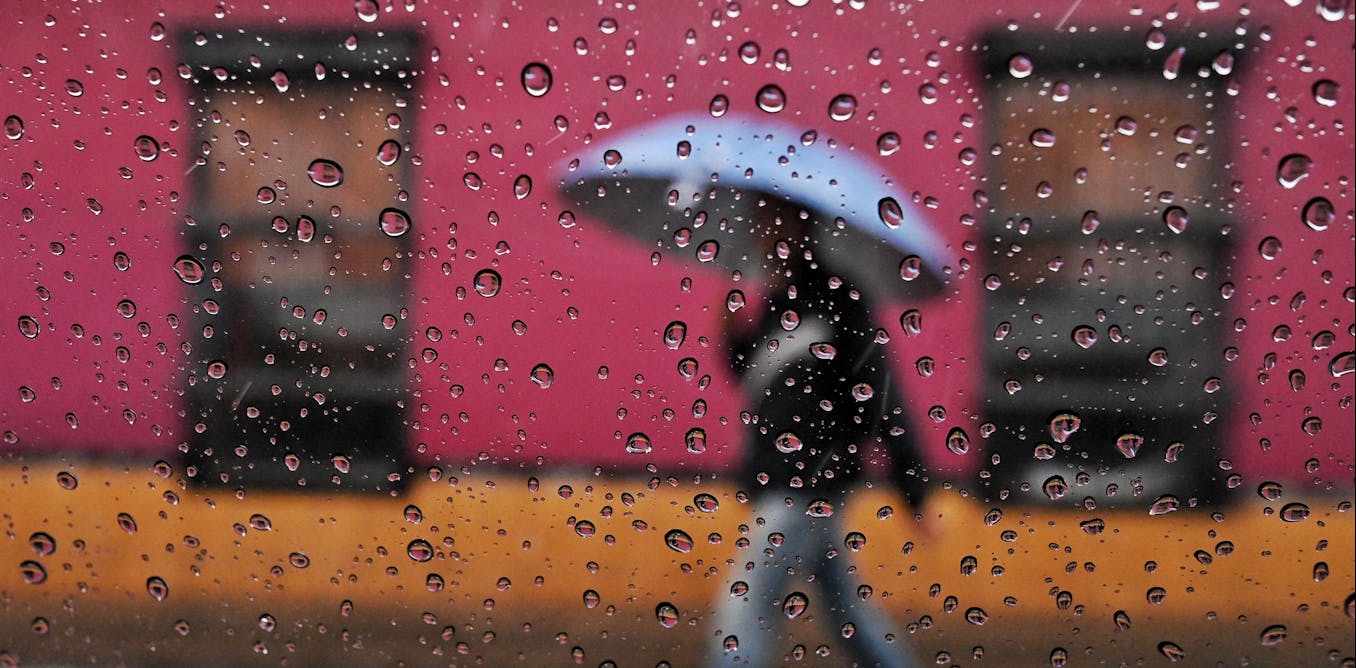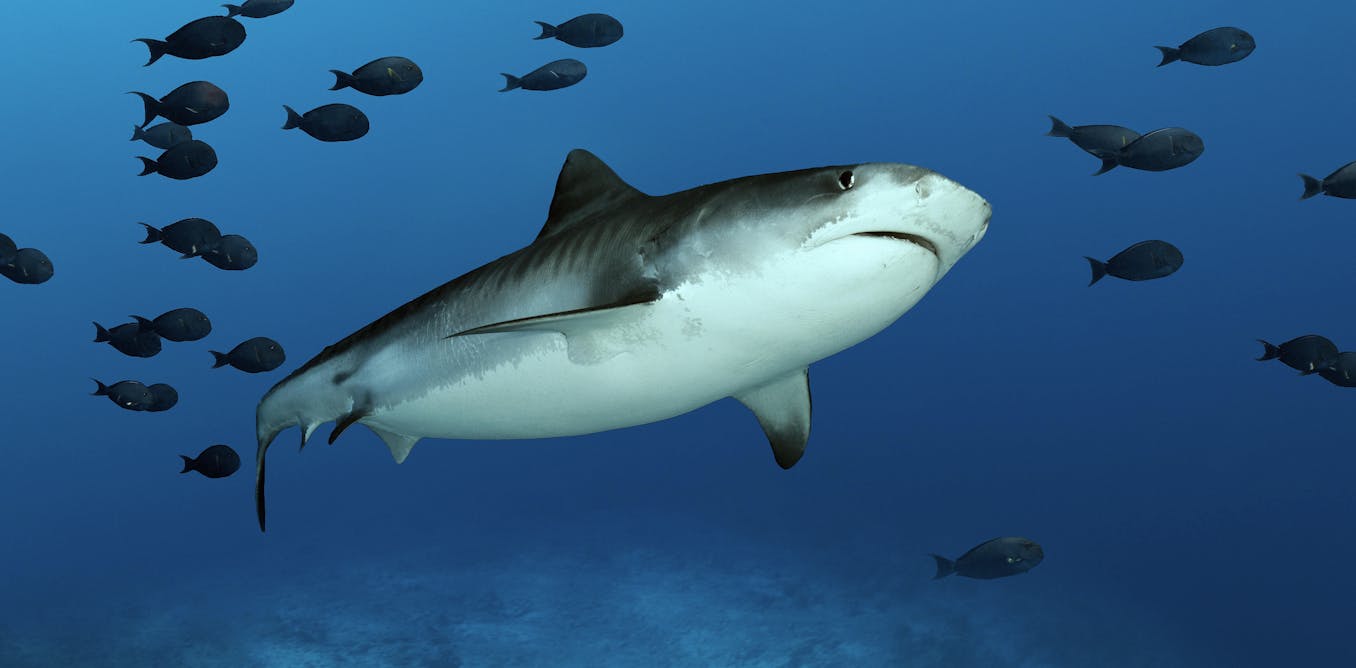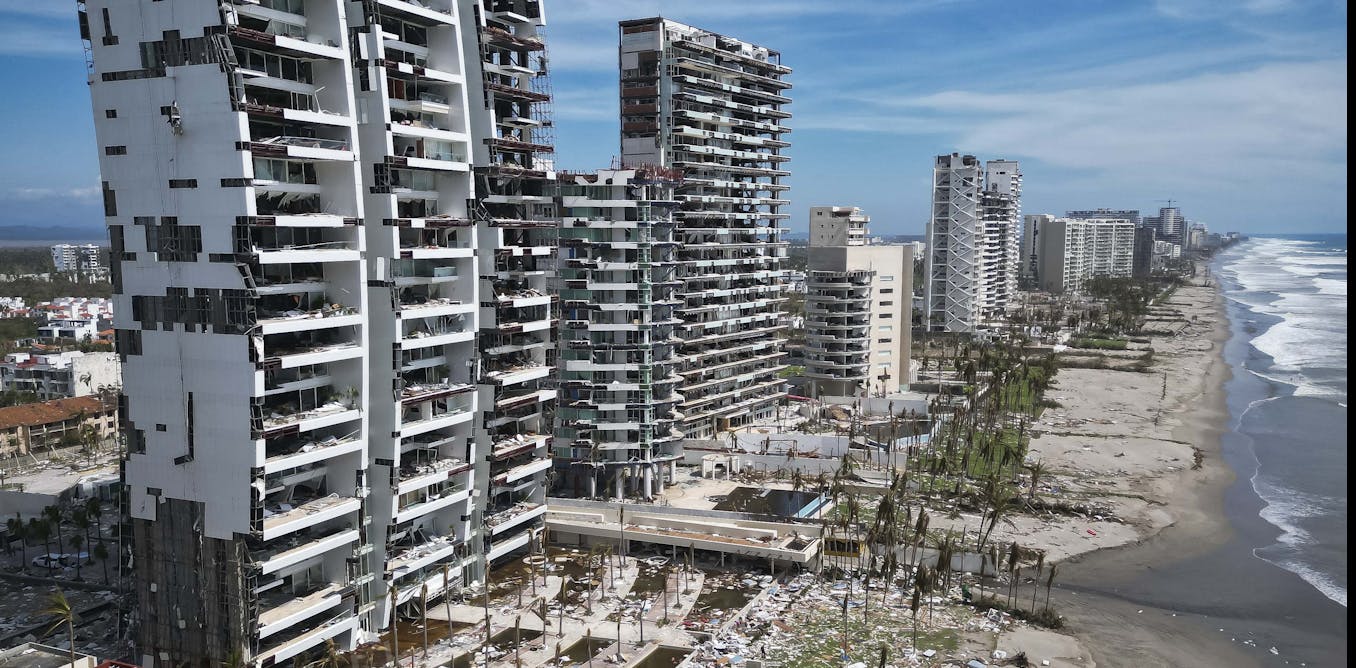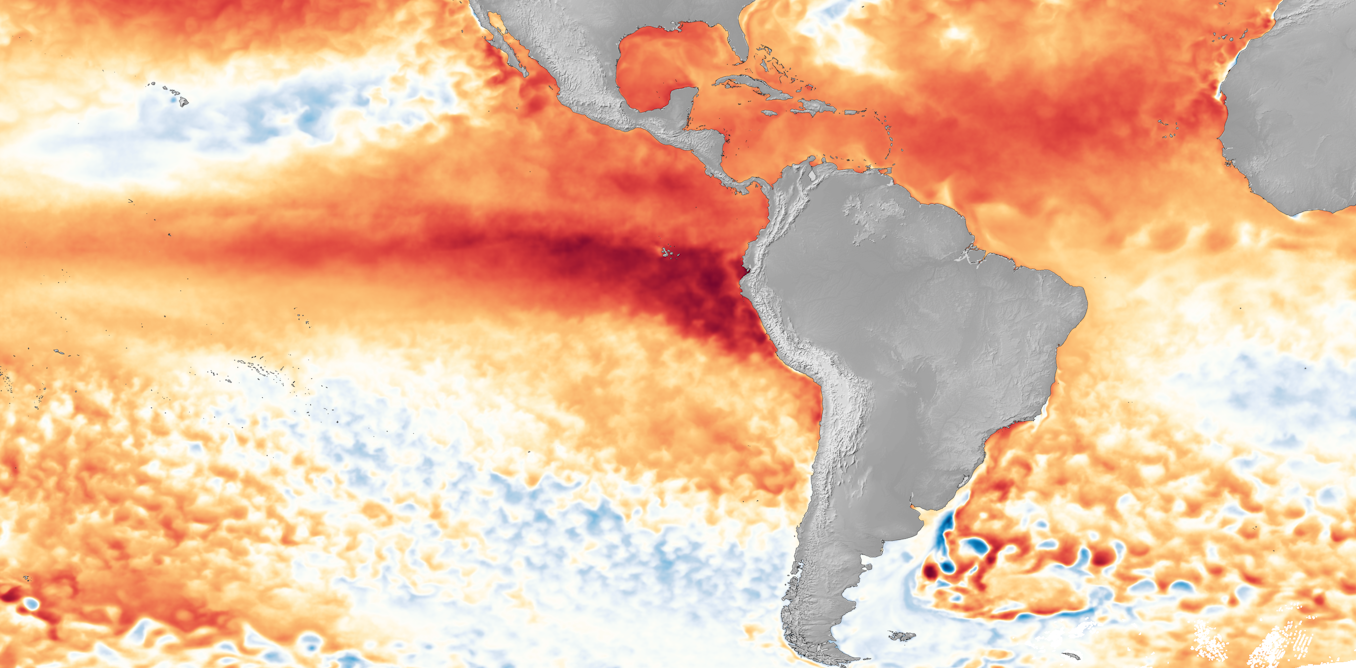Deep-sea mining threatens sea life in a way no one is thinking about − by dumping debris into the thriving midwater zone
A planned mining method to gather critical minerals from the seafloor would create sediment plumes higher up in the water column where many creatures live.
March 25, 2025 • ~10 min
The warming ocean is leaving coastal economies in hot water
Global ocean temperatures have been at record highs almost daily for over a year, and economies are feeling the heat.
June 10, 2024 • ~9 min
La Niña is coming, raising the chances of a dangerous Atlantic hurricane season – an atmospheric scientist explains this climate phenomenon
After a year of record-breaking global heat with El Niño, will La Niña bring a reprieve? That depends on where you live and how you feel about hurricanes.
May 9, 2024 • ~7 min
El Niño is starting to lose strength after fueling a hot, stormy year, but it’s still powerful − an atmospheric scientist explains what’s ahead for 2024
The strong El Niño that started in 2023 will still have big impacts at least through March. Here’s what to watch for next.
Feb. 8, 2024 • ~7 min
To protect endangered sharks and rays, scientists are mapping these species' most important locations
A new initiative is pinpointing areas in the world’s oceans that are key habitats for sharks and their relatives, so that governments can consider protecting these areas.
Jan. 11, 2024 • ~8 min
Acapulco was built to withstand earthquakes, but not Hurricane Otis' destructive winds – how building codes failed this resort city
The best science is not always the best engineering when it comes to building codes. It’s also a problem across the US, as an engineer who works on disaster resilience explains.
Nov. 7, 2023 • ~9 min
How animal traits have shaped the journey of species across the globe
New research looks at how different species have managed to cross geographic barriers throughout history and whether their individual traits played a crucial role in these journeys.
Oct. 17, 2023 • ~7 min
What is a strong El Niño? Meteorologists anticipate a big impact in winter 2023, but the forecasts don't all agree
An atmospheric scientist explains how El Niño works, this year’s oddities and why this phenomenon doesn’t last long.
Oct. 12, 2023 • ~8 min
/
4


